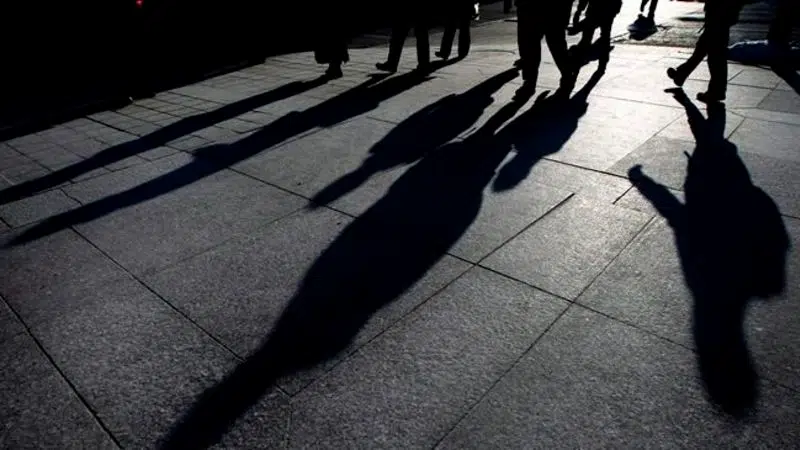
Canada has shown ‘uneven progress’ on gender equality, says new report
OTTAWA — Canada will be years past celebrating its tricentennial before the country can close the economic gap between men and women if things keep improving at the glacial pace they are now, a new report says.
“Years of effort to remove entrenched economic, cultural and social barriers to women’s progress are not achieving the results we all expected by now,” says the report, Unfinished Business, published Monday by an alliance of more than 50 groups working to advance equality and the rights of women.
The examination of how close — or far — Canada is from meeting the gender equality goals it signed on to in 1995 as part the United Nations Beijing Declaration and Platform for Action, which is reviewed every five years, shows “uneven progress” over the past five years.
That, said the report, is despite a renewed focus on feminist policies from the Liberal government.

